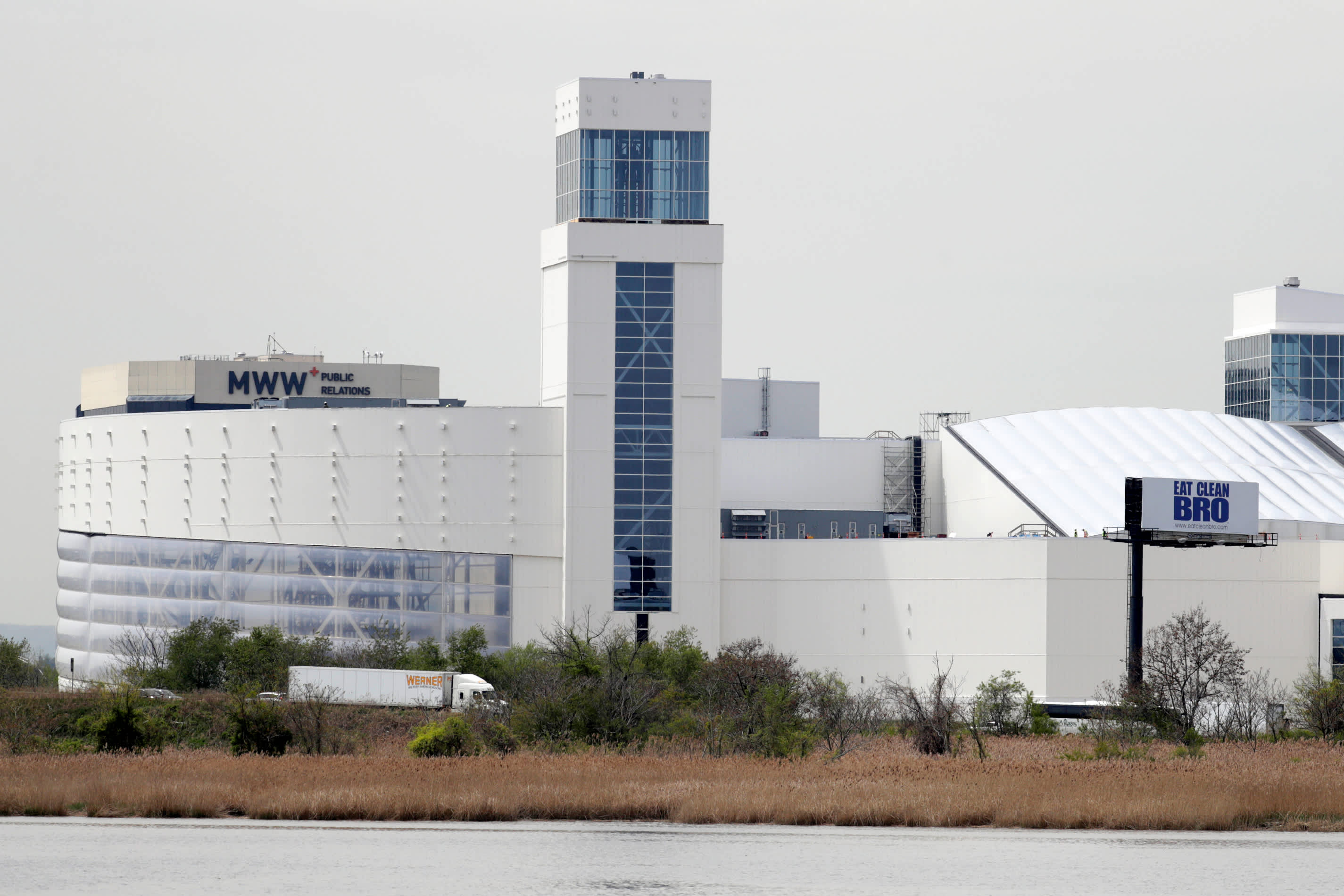
This April 25, 2019 file photo shows the exterior view of the construction site of the American Dream mall in East Rutherford, N.J.
Julio Cortez | AP
Retailers are worried about paying rent because of the damage from the coronavirus pandemic. And that has mall owners increasingly worried about meeting their own obligations.
Mall of America- and American Dream-owner Triple Five Group has said it is concerned about some of its tenants not paying rent, which is going to hinder its ability to make mortgage payments.
With thousands of retail and restaurant doors shut, not bringing in sales, many business owners are not in the position to pay rent. The Cheescake Factory, for example, has said publicly it will not be paying rent in April. Lululemon, on the other hand, said it paid April rent.
Some retailers are asking to cut rents to a smaller percentage, or delay payment to a later date.
In turn, landlords are arguing they still have their own bills to pay, too. U.S. mall owner Taubman, for example, sent a letter to its tenants on March 25 saying it has obligations to meet — such as paying lenders on mortgages and paying for utilities. “The rental income that we receive from tenants is essential in order to meet these obligations,” Taubman said.
Triple Five Group is running into a similar situation, American Dream co-CEO Don Ghermezian told CNBC in an interview. “The difficulty we are going though now … if tenants don’t want to pay rent, my response is: I have got to pay a mortgage. I borrowed money. I have got to pay back my lenders.”
If there is not more assistance to come from the federal government on this front, “many malls will be headed into default because they won’t be able to make mortgage payments going forward,” he said.
Billionaire investor Carl Icahn has already made it clear he expects the U.S. commercial real estate market will crumble, much like the broader housing market collapse of 2008. He told CNBC in March that he expects that shopping malls and others in commercial real estate will default on loans made after the Great Recession.
Icahn has said his “biggest position by far” is shorting the commercial mortgage bond market.
Short selling is a bet against stocks or bonds, with shorts borrowing a security from an investment bank and selling it in hopes that the asset will lose value. If it does drop, shorts buy the security back at a cheaper price and return them to the bank, turning a profit on the difference.
Icahn’s short is specific to credit default swaps, or “CDS,” which are assets that back mortgages of corporate offices and shopping malls.
“You’re going to have this blow up … and nobody’s even looking at it,” he said.
— CNBC’s Michael Sheetz contributed to this report.
Correction: Don Ghermezian is co-CEO of American Dream. An earlier version misstated his status.



